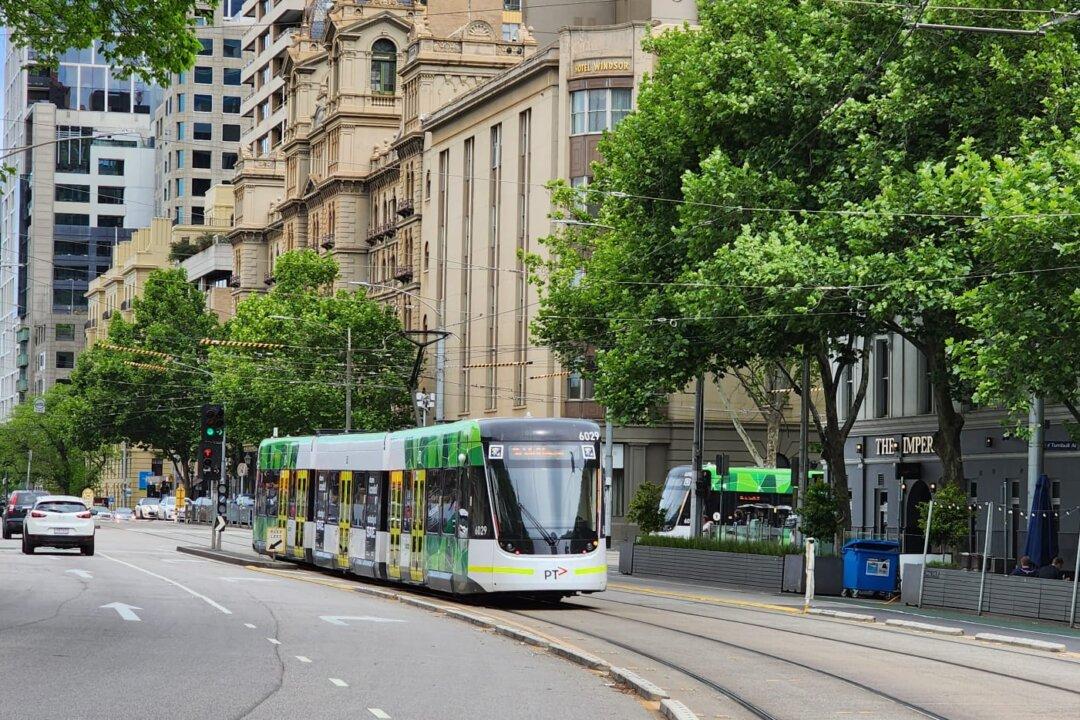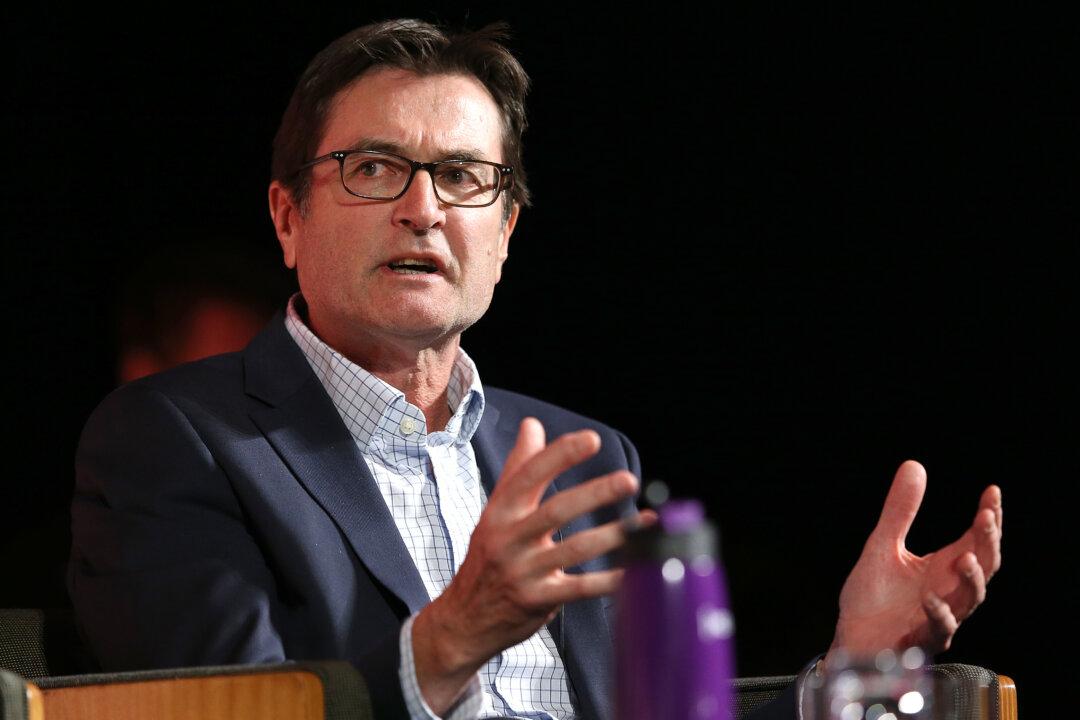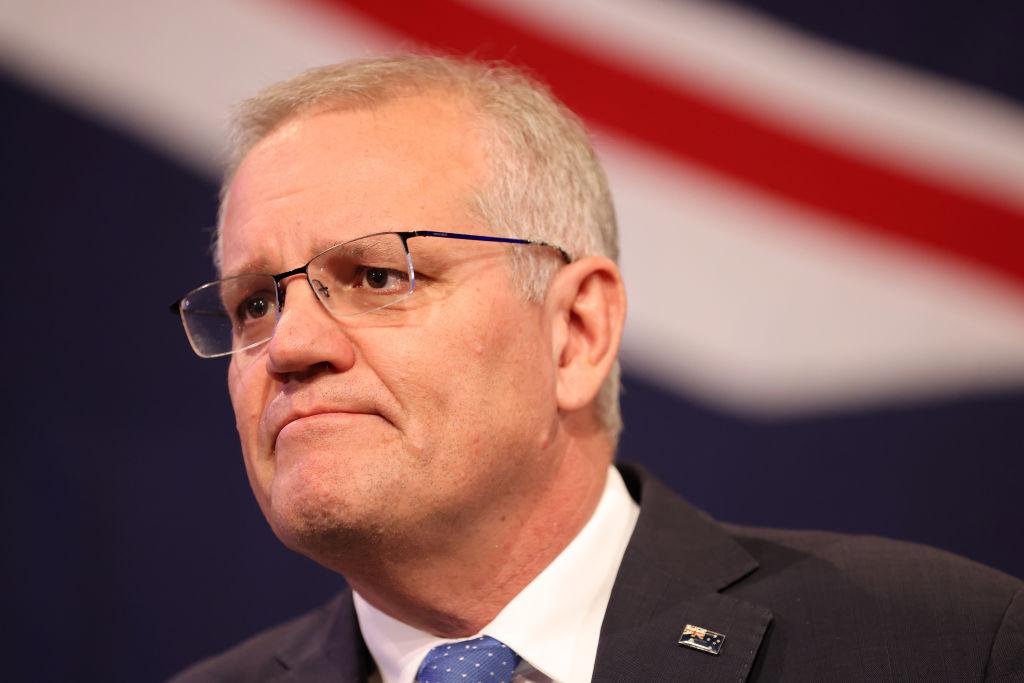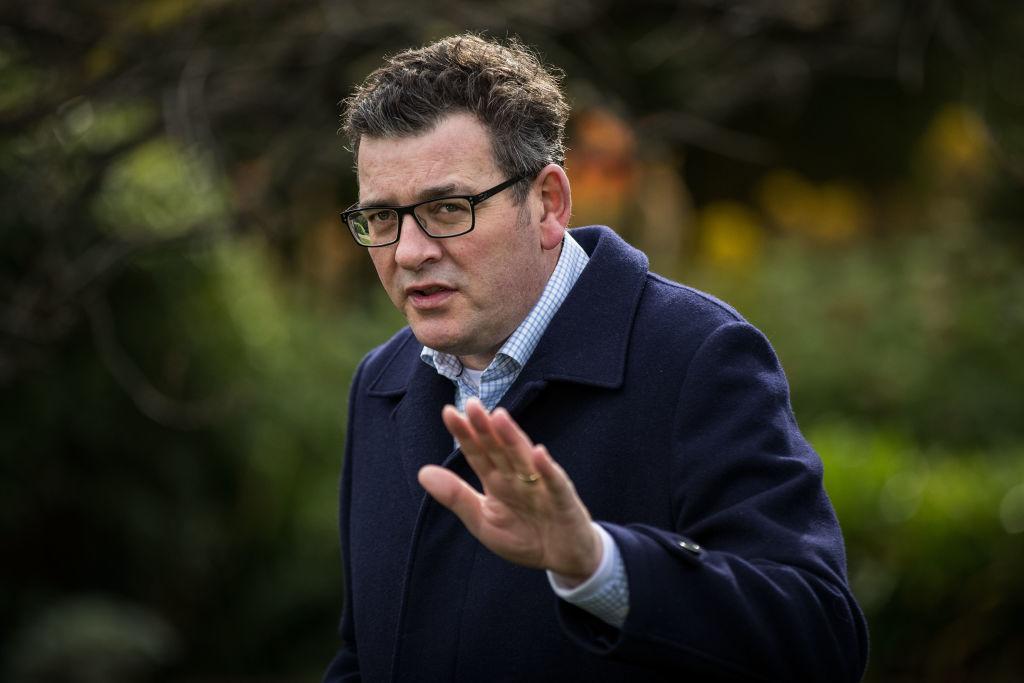Australia’s biggest cities are being urged by urban planners to adopt trackless tram technology to curb emissions and improve convenience for its outer residents.
Mike Day, a founding partner at Hatch RobertsDay—an urban strategy consulting firm—has this week come out advocating for the technology after it was trialled by the City of Stirling local government area (LGA) in Perth.





